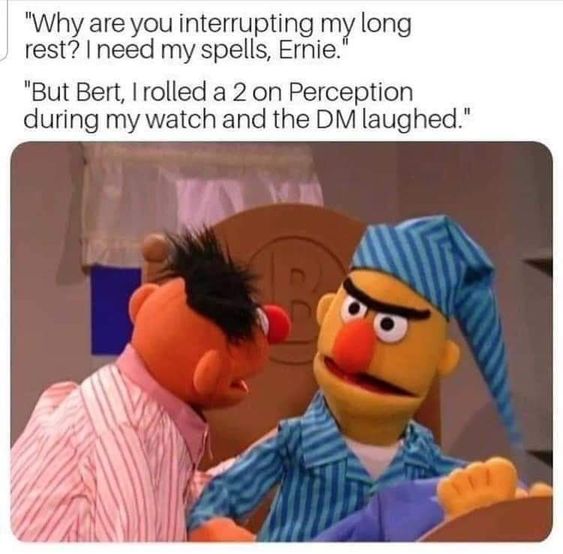As a GM, you should have a sheet with the stats for your PCs that determine these kinds of rolls. If the PC wouldn't know if they succeed or fail, then the player shouldn't know the result of the roll, or sometimes even what the roll is for in the first place.
It's hard to avoid metagaming when you very clearly failed a roll and the GM says "Everything seems fine and normal to you"
